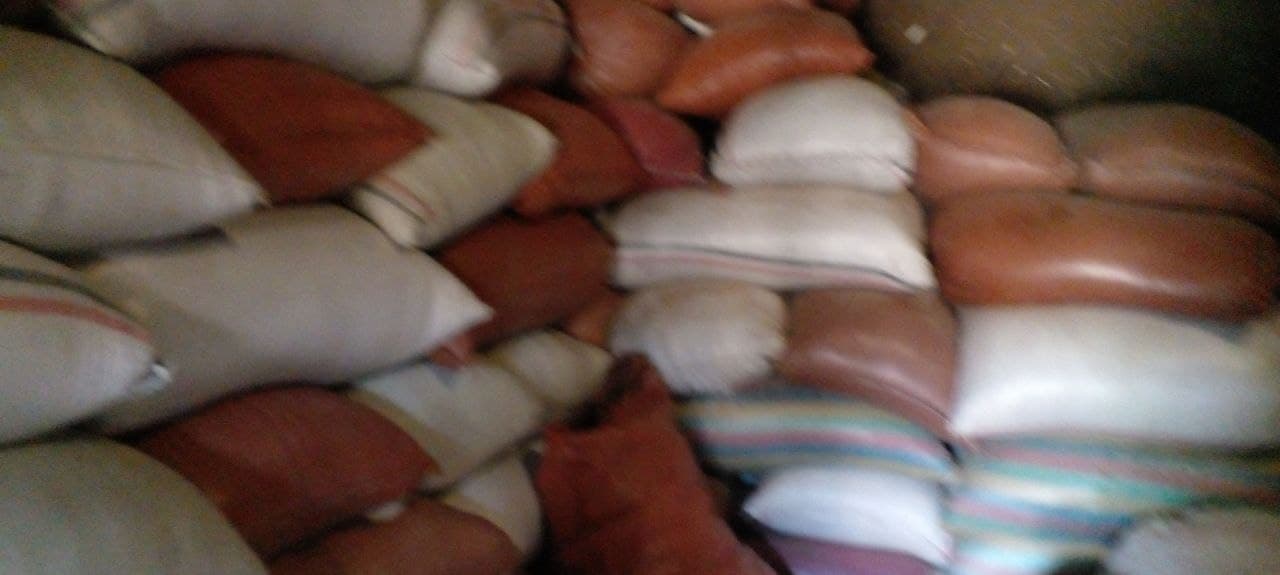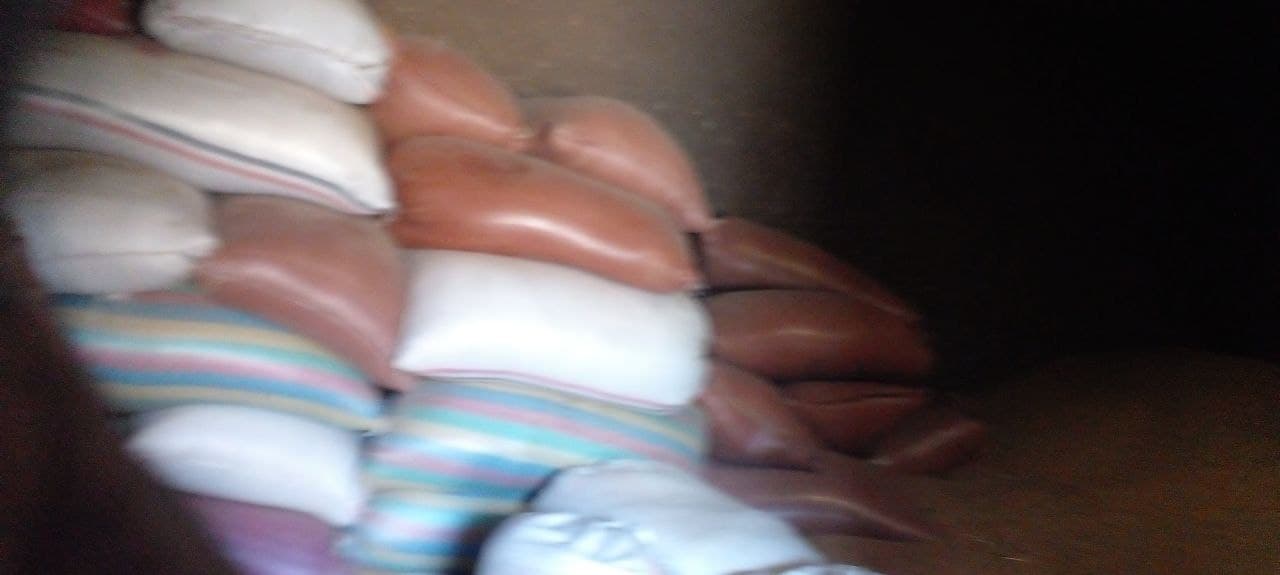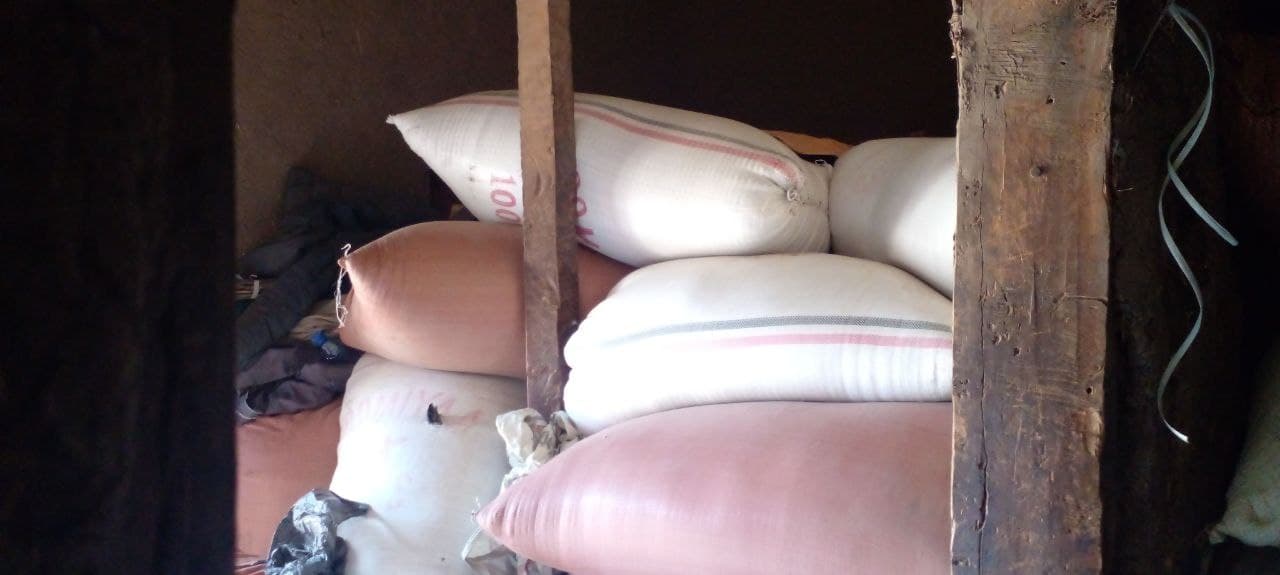In Koma Kara Kebele, some of my respondent farmers have asserted that they keep their agricultural produce at farmers’ warehouses. For farmers who have surplus production, they can keep their produce with traders at their warehouse and the traders can use (sell) the seed/produce whenever they want, albeit, the payment for the farmers would be made when they request it. Such practice has become a habit and it serves as a calculative strategy cherished by the farmers and traders whereby both agree to work together for maintaining a mutual benefit. More specifically, this practice of keeping one’s crop at a trader’s warehouse entails that farmers, in agreement with the trader, keep the produce at the warehouse, sell their produce whenever they want and at the price they wish to sell it, no matter the fluctuations in the price. It happens to be in the best interest of the farmer.
Terms of Agreement
✓The farmer is expected to bring and store the crop/seed at the traders’ warehouses.
✓The traders are expected to confirm that they received the seed/crop.
✓The farmer gets to know the current selling price and the trader has to clearly indicate the buying price to the farmer.
✓Each of them agrees on the means of agreement whereby:
- The farmers will receive a selling price of the particular day they wish to sell their seed/crop (i e. If they want to sell it today, they receive today’s selling price; if they want to sell it after 5 months, they would receive the amount of money for that particular selling price)
✓If the price goes down after the crop is being stored at the farmer’s warehouse, the trader is expected to pay/offer the selling/buying price of the first day to farmers (i.e. the first-day price of the crop is the price of the crop on the day it was stored at the trader’s warehouse.)
Type of Agreement
✓The aforementioned terms of agreement are not formally made.
✓There are no legal procedures that are followed.
✓However, it is a binding contract/agreement whereby each party (trader and farmer) obeys the terms.
✓ More importantly, there are witnesses such as local residents or friends, neighbors, or close relatives (wives/husband’s/younger siblings) from both farmers and traders who get informed about that. Their presence is appreciated.
✓TRUST is a general rule of thumb that binds them together
Benefits of Such Practices
✓For traders
- Capital: the traders resell the stored crop and use the money generated as a result. They possibly utilize the money needed for crop trading for this.
- Turning from pitty to massive trading: They can have a huge amount of crop stored at the stock so that they get massive commercialization/trading of crops.
- Social Cohesion: Apart from mutual economic benefit, such a practice maintains social bondage among traders and farmers.
✓For farmers
- Farmers could easily get a storage place for their crops, especially if they have a variety of crops with huge/large yields of produce.
- Saving time and money: when the produce is stored far away from home, there is an assumed possibility of getting crop/seed saved from damage and/or unwise use resulting from arbitrary selling and sudden use.
- A reduction of the exploitative system: farmers could establish a safe and interactive relationship with traders so that some brokers/traders could no longer exploit them.
- Maintaining social cohesion between traders and farmers.




